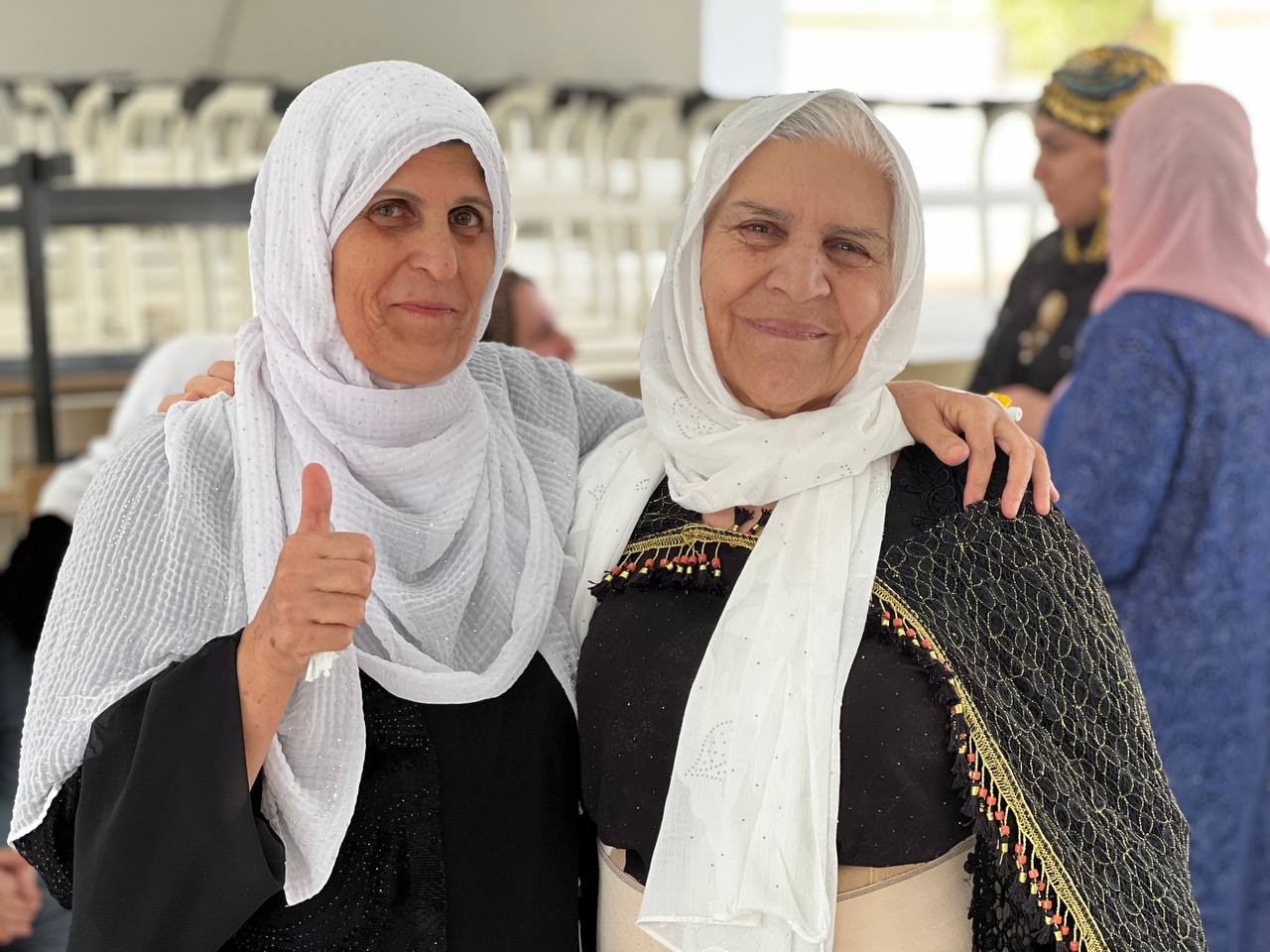Despite receiving around 80,000 more votes than 2021 parliamentary elections, the Kurds in Kirkuk have lost one of their parliamentary seats to the Arab component. Meanwhile, Arab votes rose by 62,949, allowing them to increase their representation from four seats to five.
The Independent High Electoral Commission of Iraq IHEC released preliminary results on Wednesday, November 12. According to the figures, Arabs and Kurds each secured five seats in parliament, while the Turkmen community won two. This outcome comes even though Kurdish votes exceeded Arab votes by 17,021.
In Kirkuk, the Patriotic Union of Kurdistan (PUK) secured four seats, and the Kurdistan Democratic Party (KDP) won one. Altogether, Kurdish parties collected 252,736 votes in the November 11 elections, compared with 172,795 in the 2021 round.
Although Kurdish votes rose by roughly 80,000, their seat count dropped from six to five.
Five Kurdish lists competed in Kirkuk, including the New Generation Movement, which earned 12,320 votes but lost the seat it previously held. The KDP won one seat, down from two, while the PUK increased its tally from three to four.
The Arab component emerged as the primary beneficiary in this election, raising its seats from four to five. In the last election, Arab and Kurdish parties were nearly tied, each winning about 172,000 votes. This time, Arab lists amassed 235,718 votes — still 17,021 fewer than the Kurdish lists, yet enough to secure an additional seat.
The Progress Party, led by Mohammed al-Halbousi, dominated the Arab vote, securing three seats. The Arab Alliance, headed by Rakan Saeed, and the Azem Alliance each won one seat.
The Turkmen community won two seats, both of which went to the Iraqi Turkmen Front ITF, which received 66,175 votes.
Overall, the Turkmen component collected 98,927 votes. Of these, 32,752 went to the Kirkuk Turkmen Rescue Alliance — a coalition largely made up of Shia groups and candidates from the Shia Turkmen community. In the previous elections, the Turkmen component received 65,089 votes, meaning their vote total increased by 33,838 this year.
The sixth parliamentary elections nominated 329 representatives to Iraq’s Council of Representatives (Parliament). These elected members hold the authority to choose the council’s speaker, elect the president of the republic, and confirm the appointment of the prime minister. More than 20 million people across 18 electoral districts were eligible to vote.
According to unofficial statistics from the Independent High Electoral Commission (IHEC) in Iraq’s provinces, voter turnout in the disputed territories—including Kirkuk, Nineveh, Diyala, and Salahaddin—exceeded 50%, which is higher compared to the 2021 elections.
In Kirkuk Province, 958,141 citizens hold biometric voter cards and were eligible to vote while only 500,000 voters participated, according to unofficial figures.





